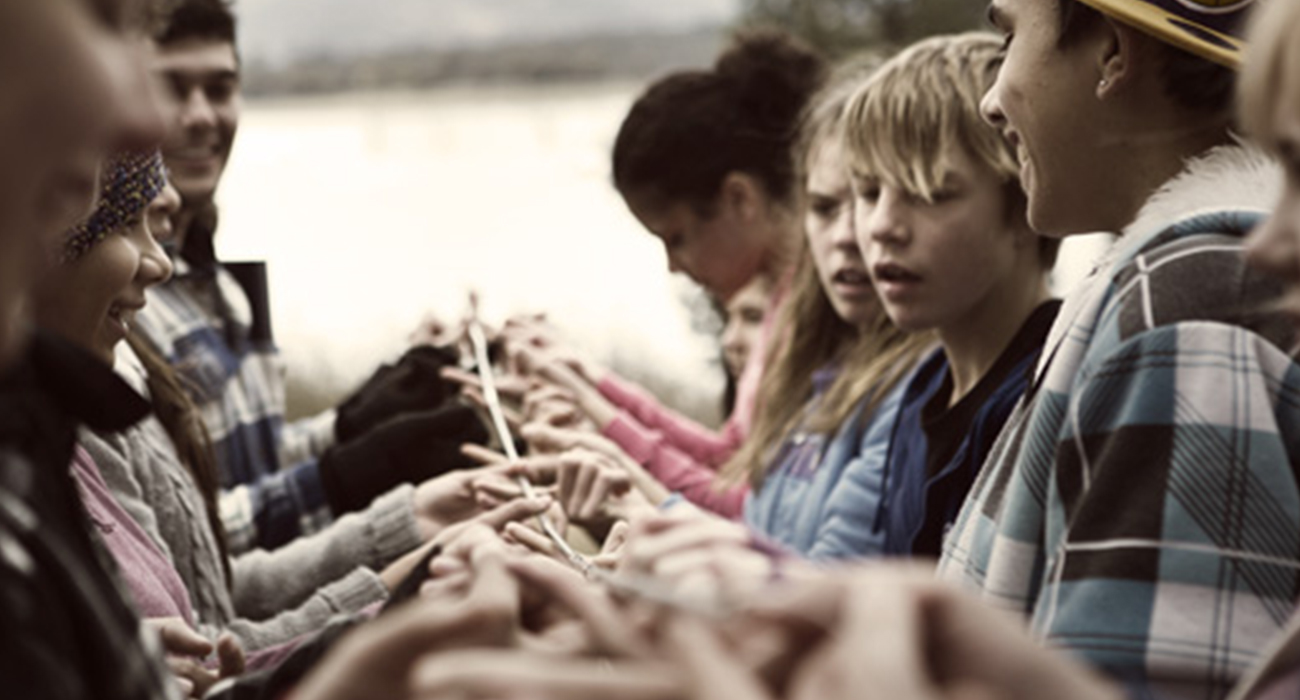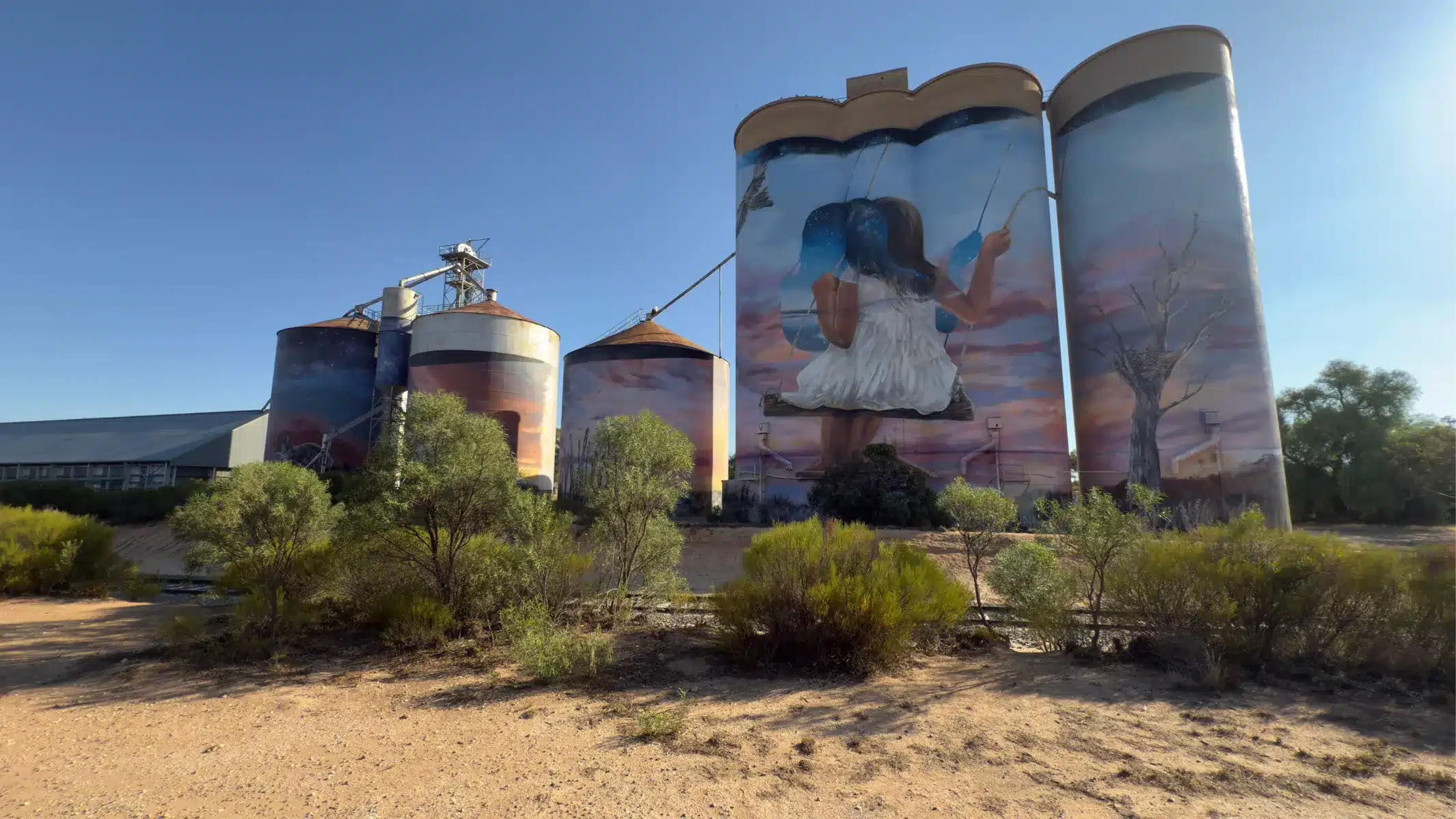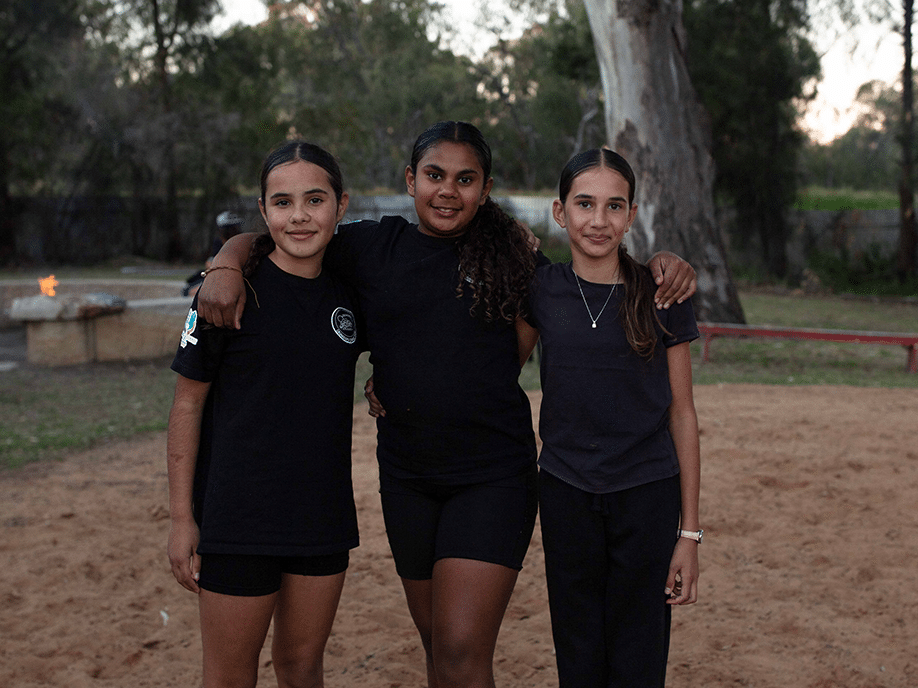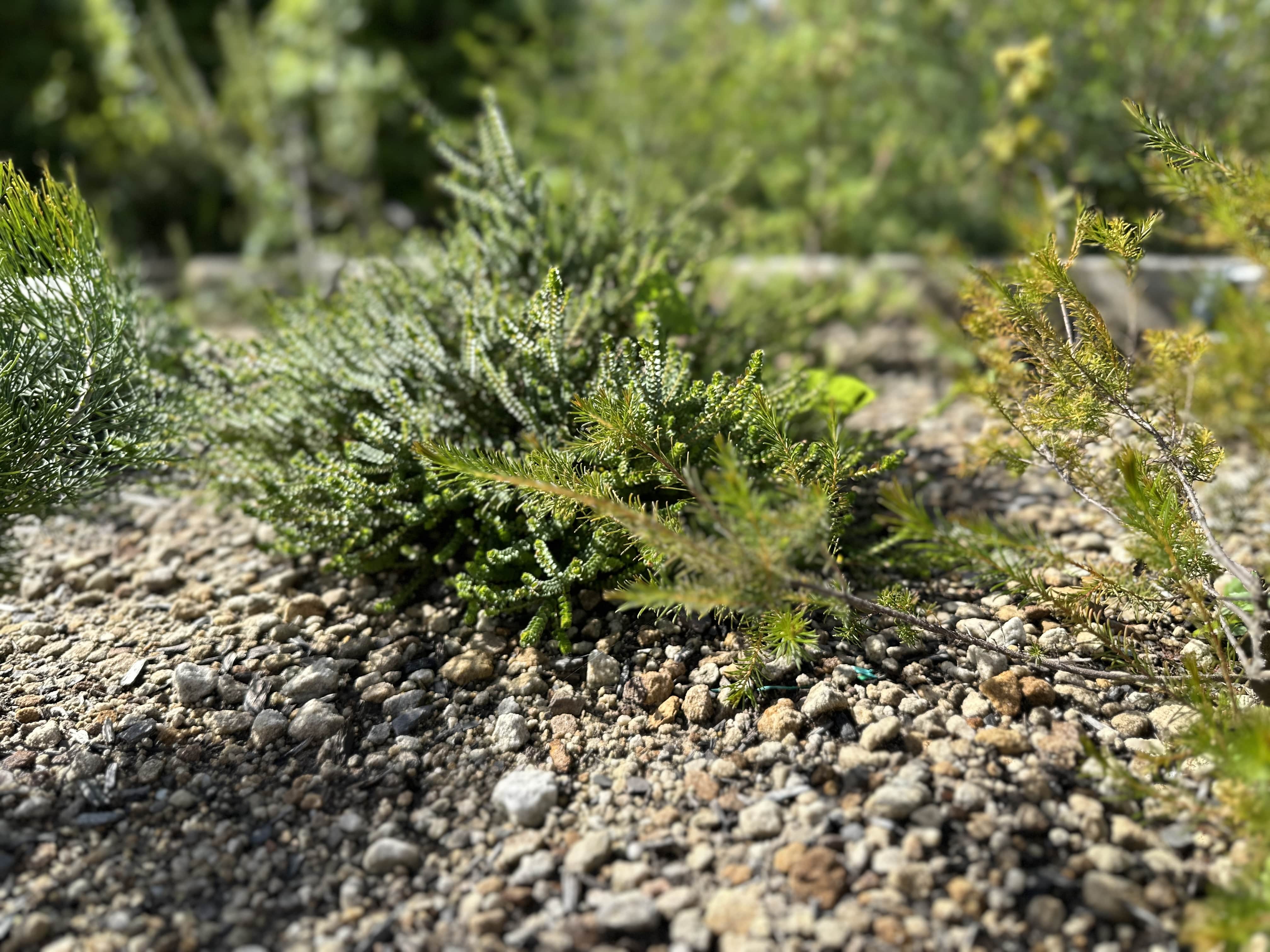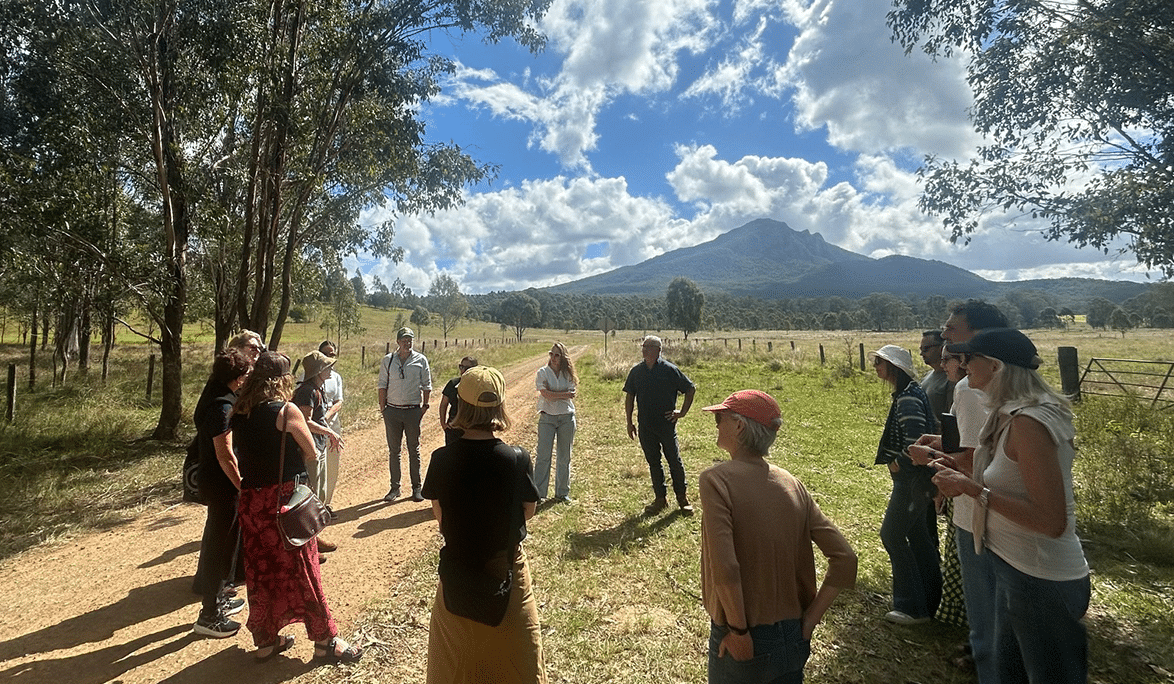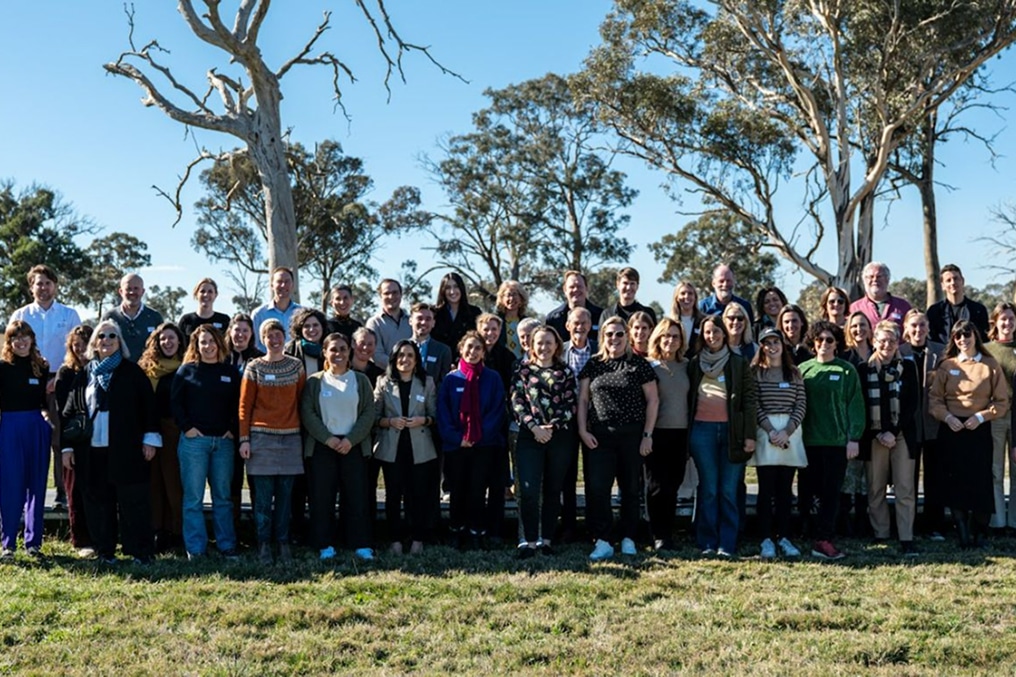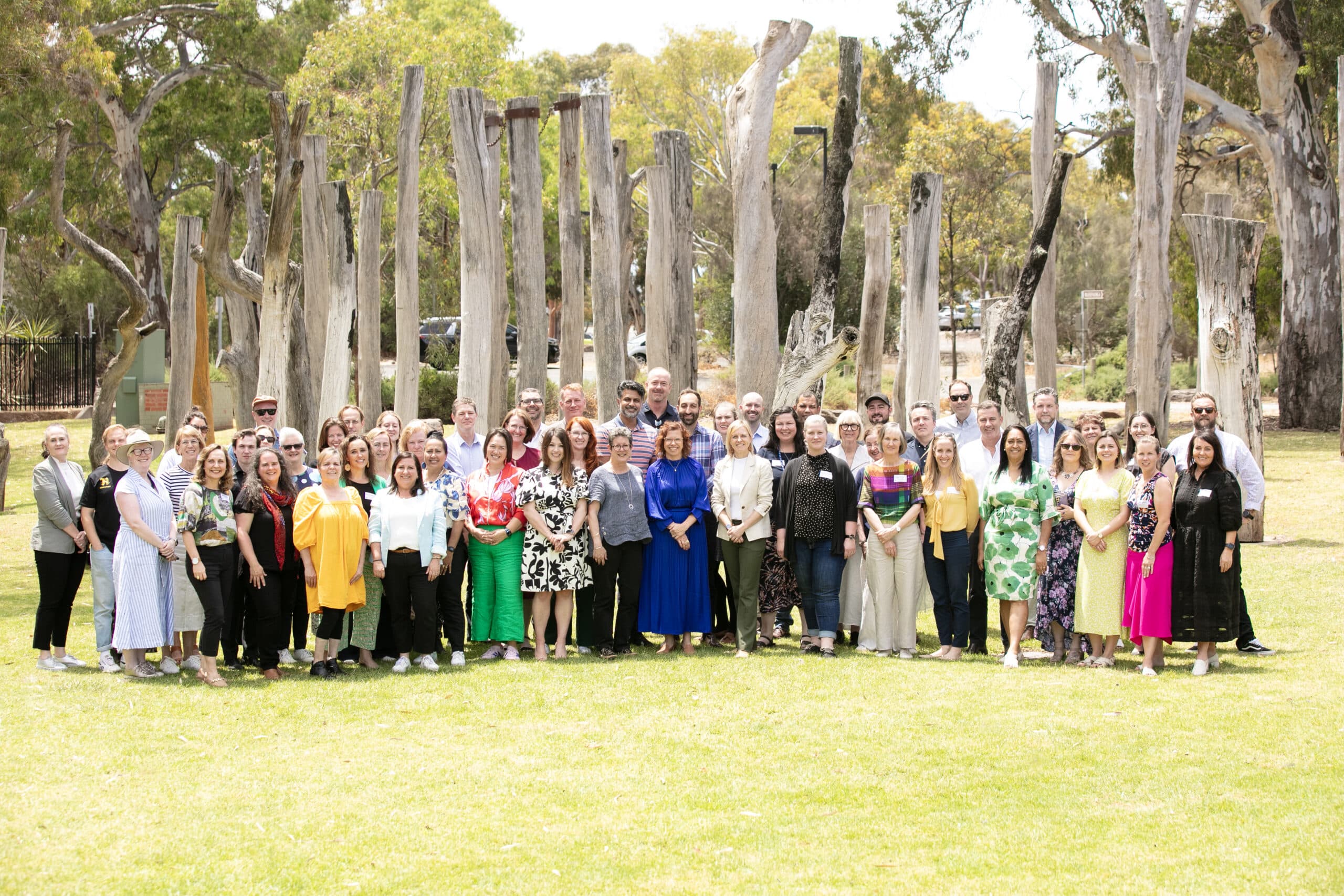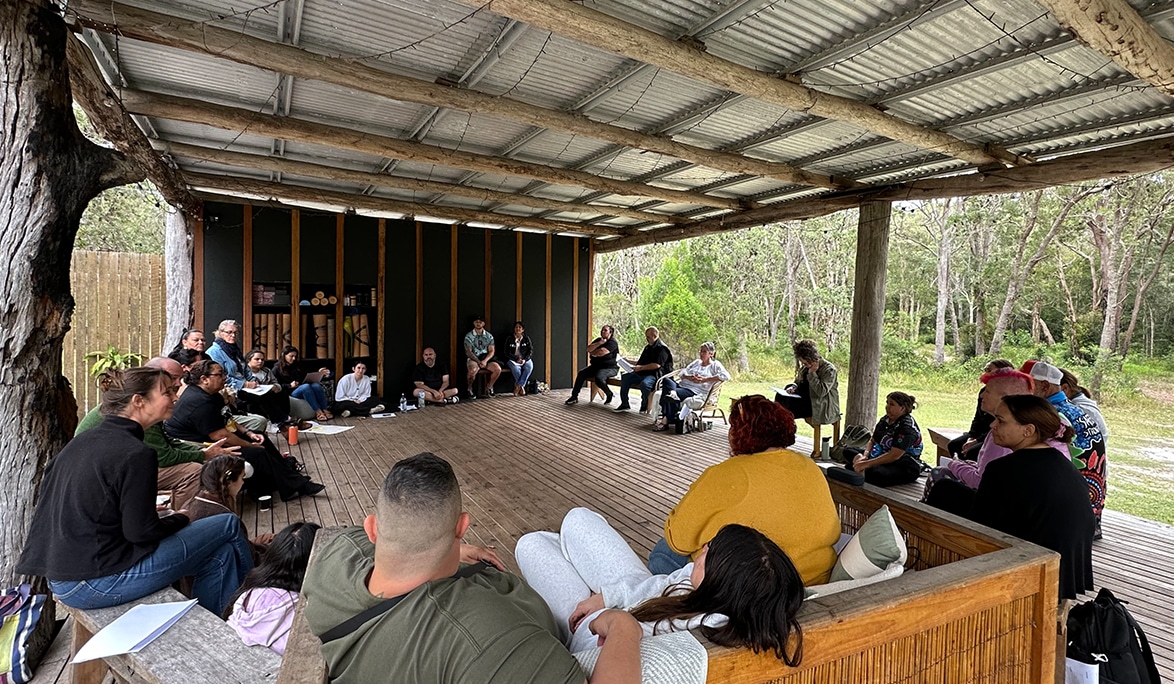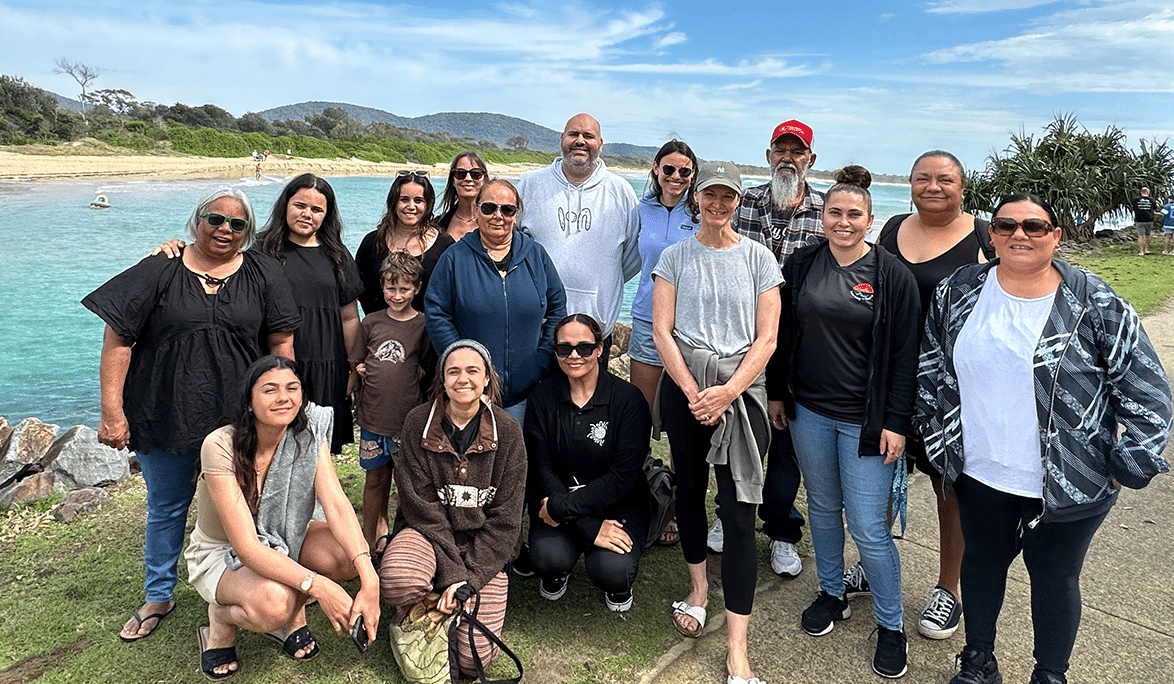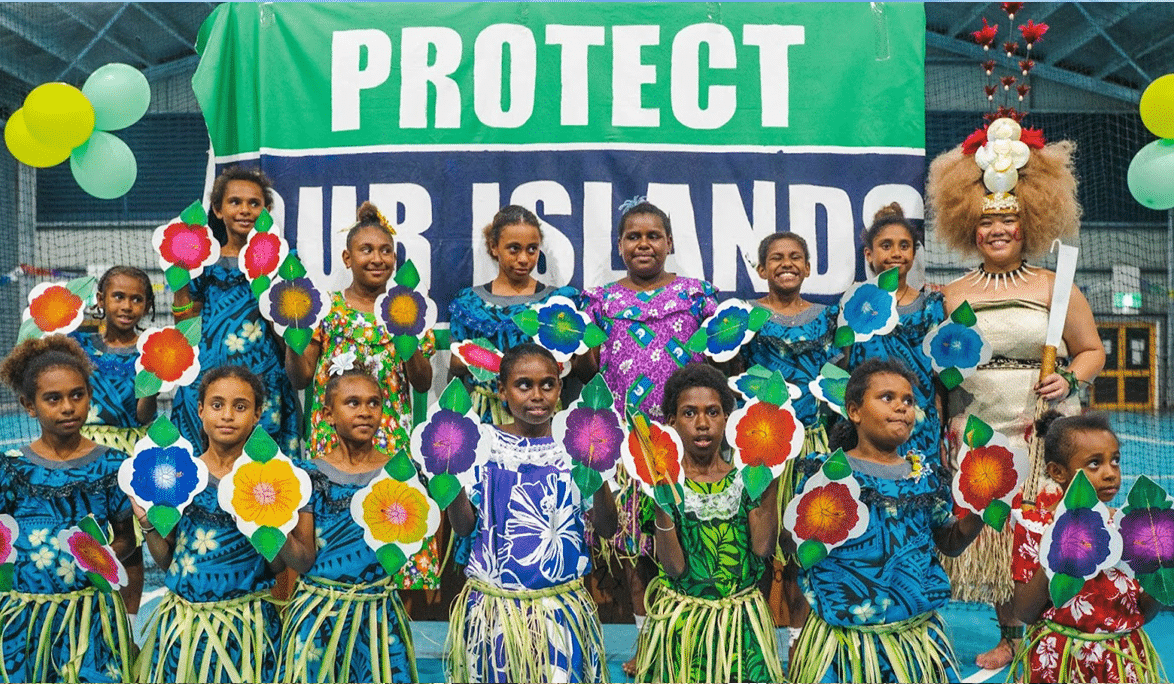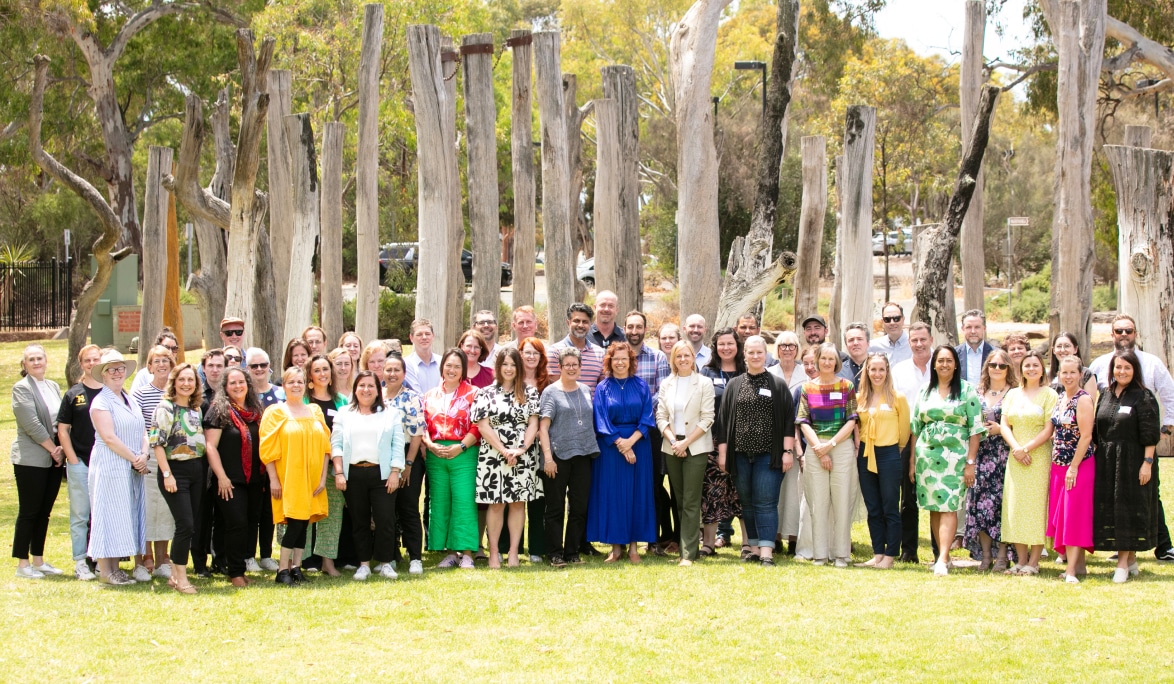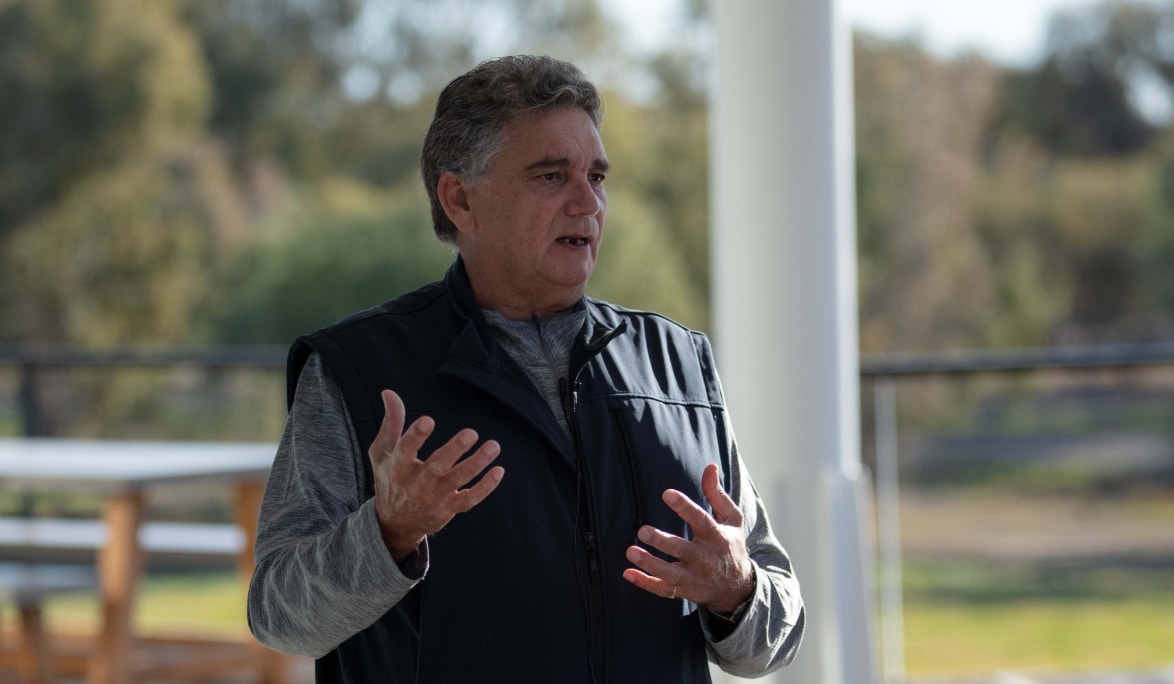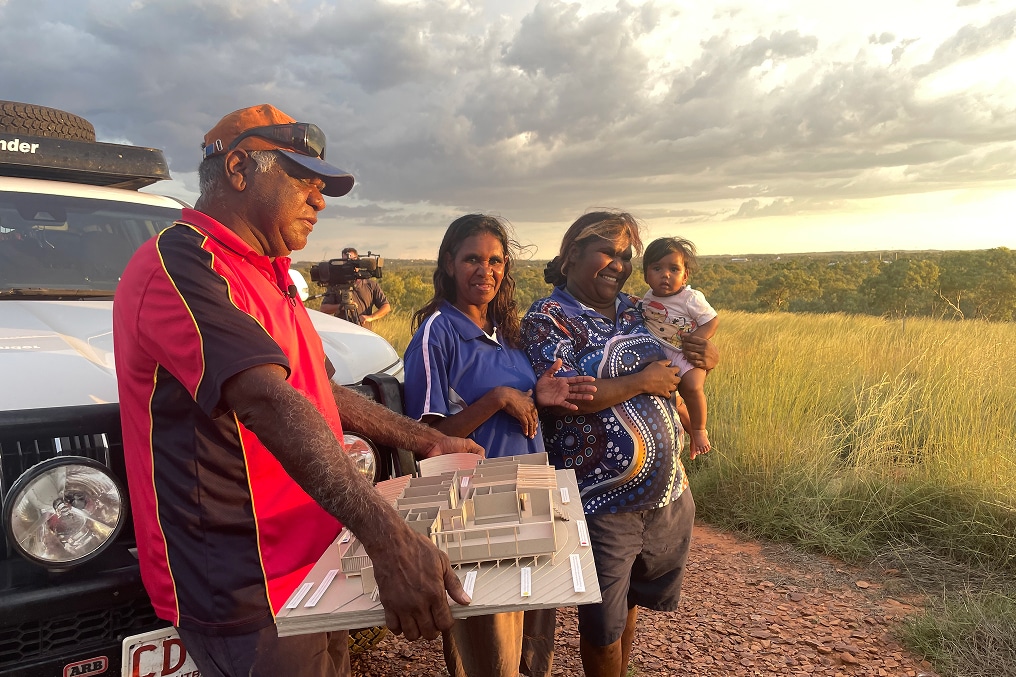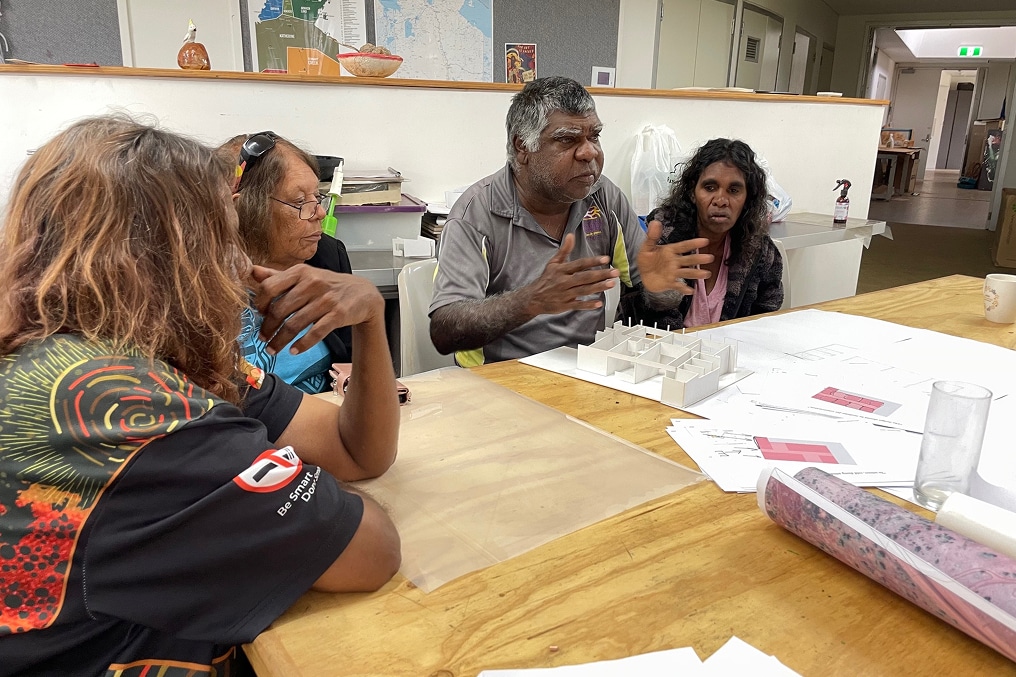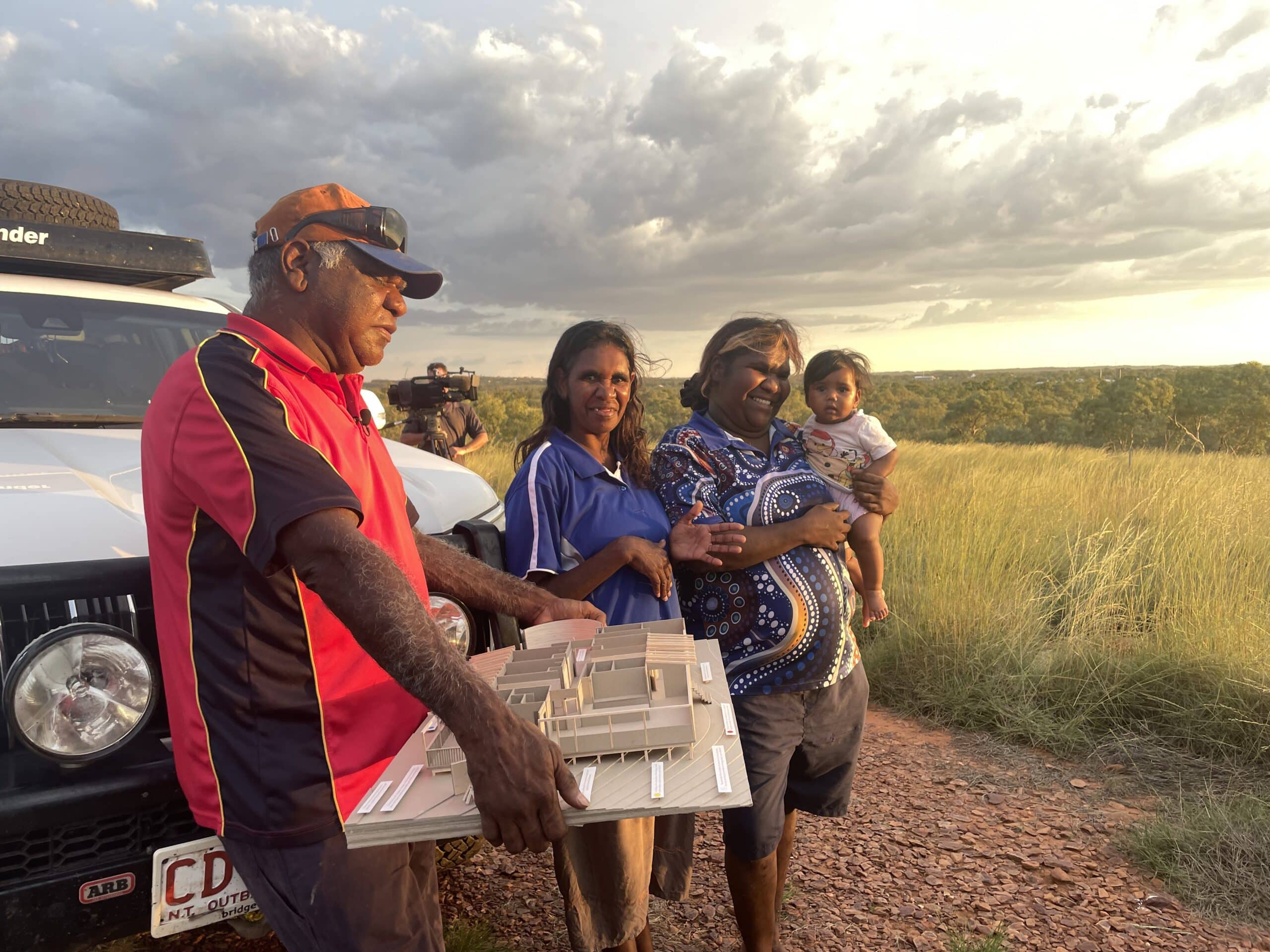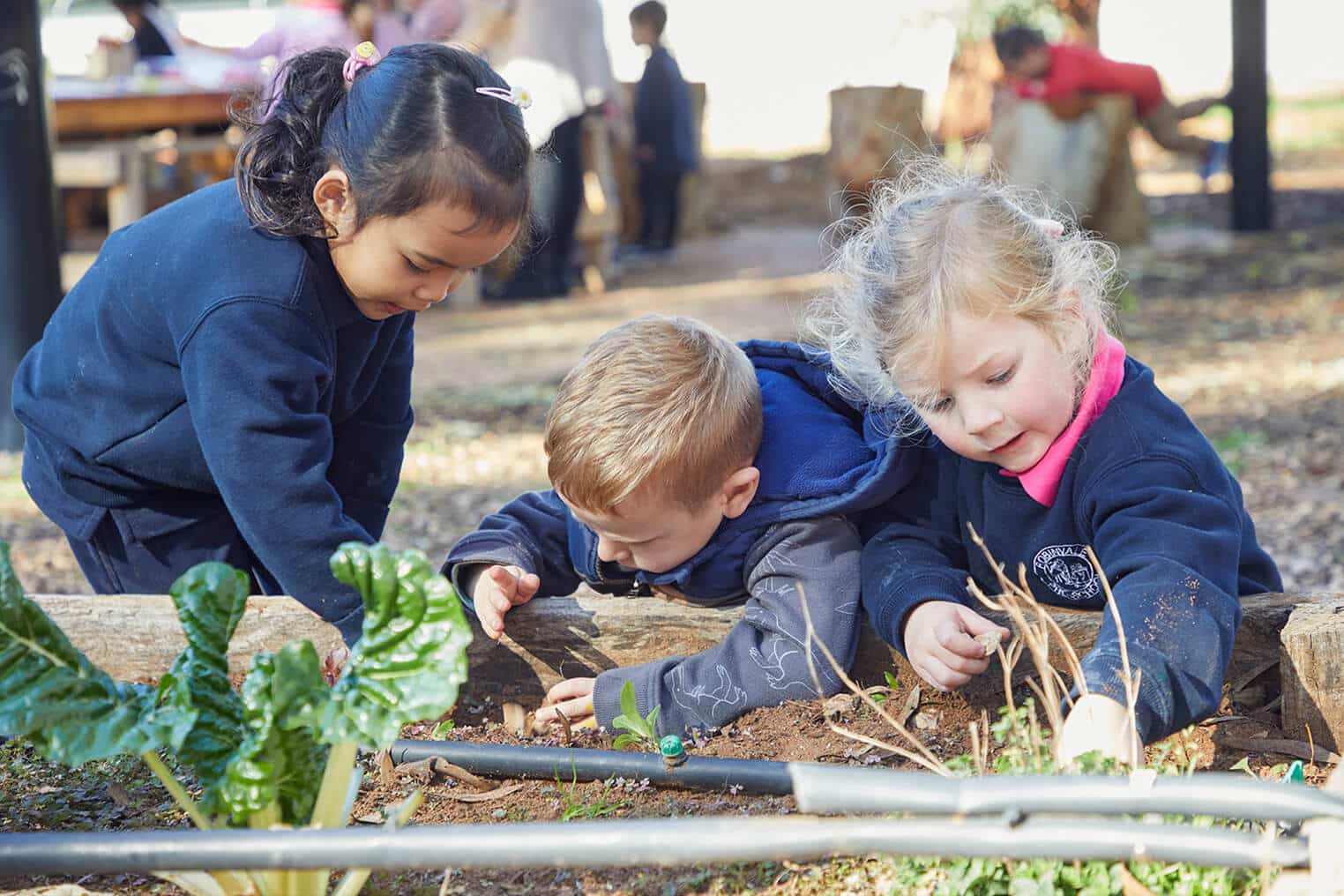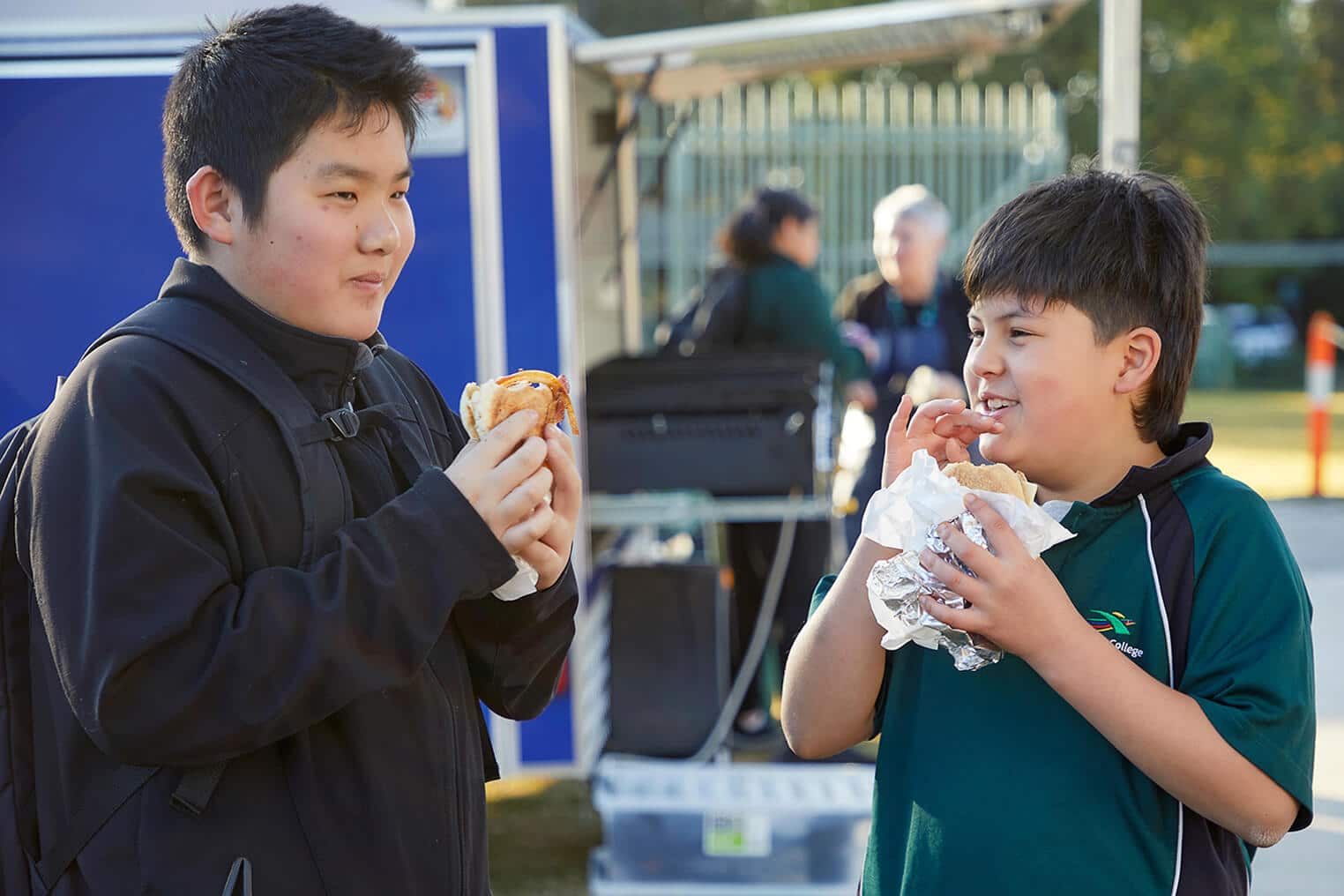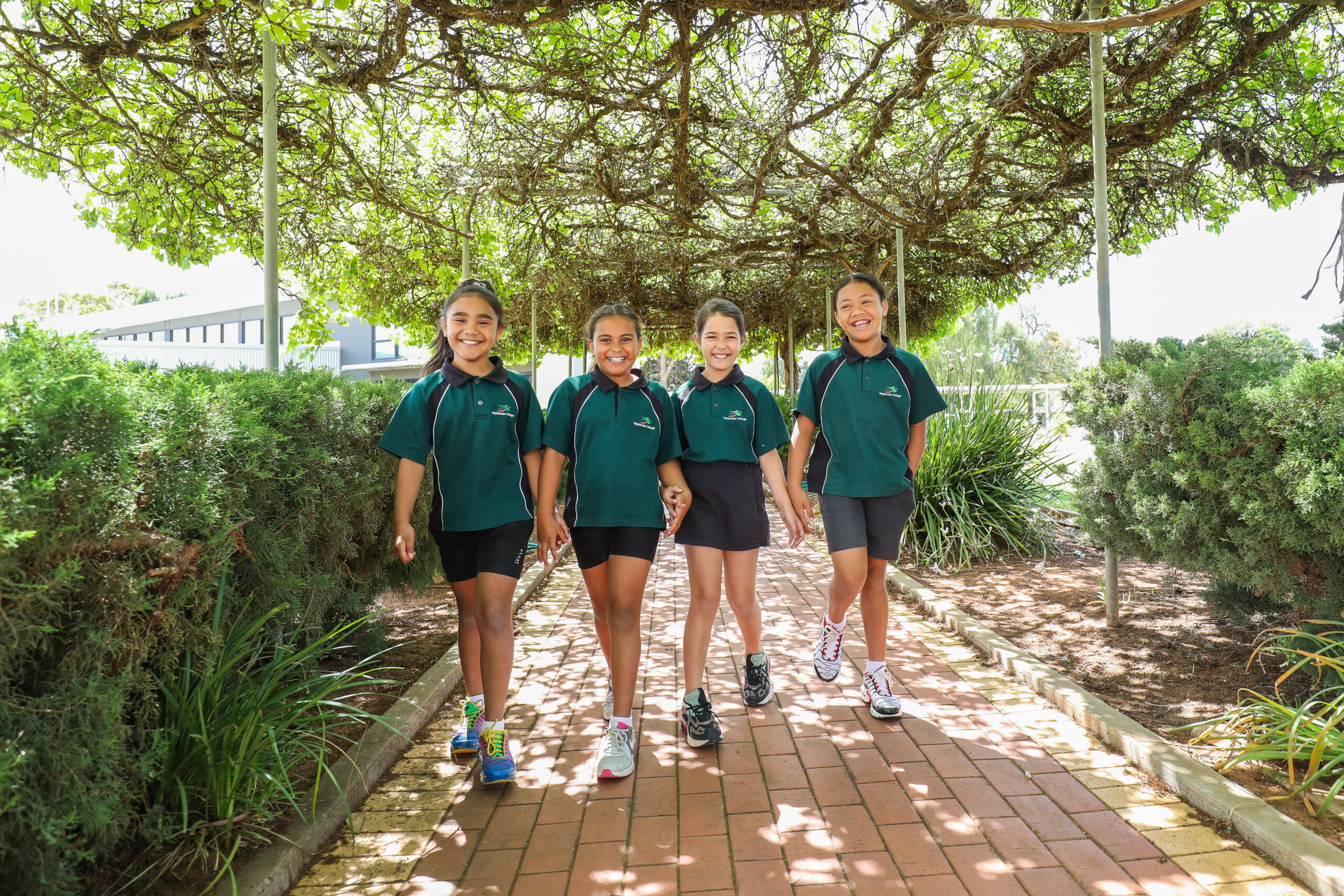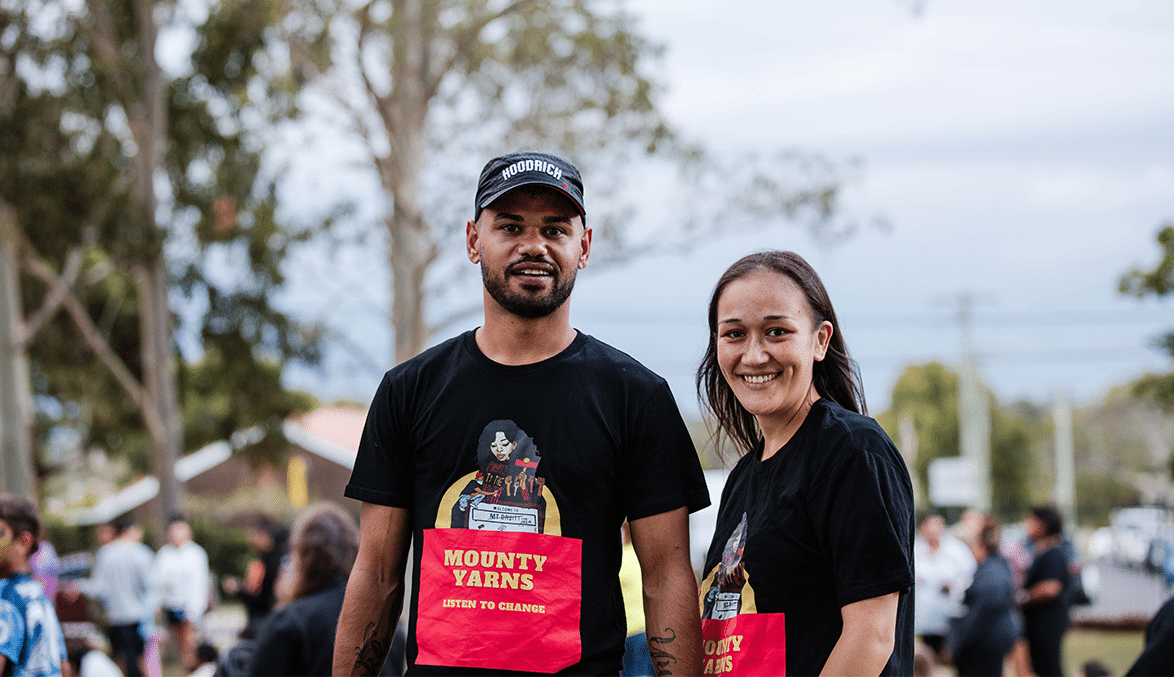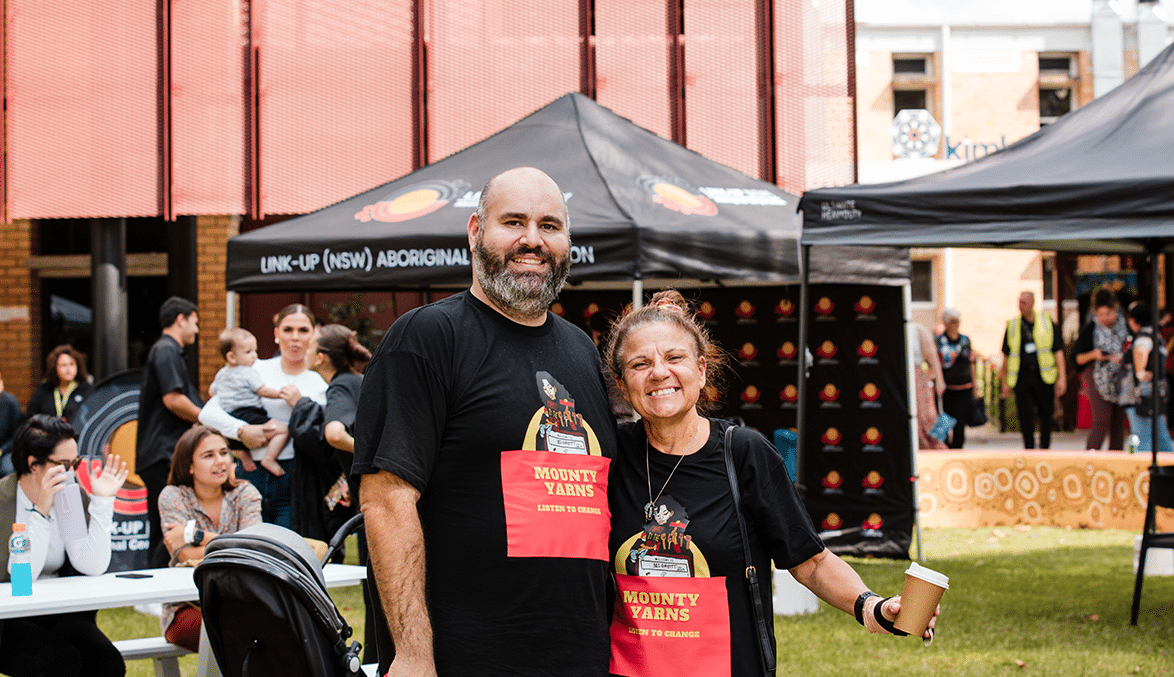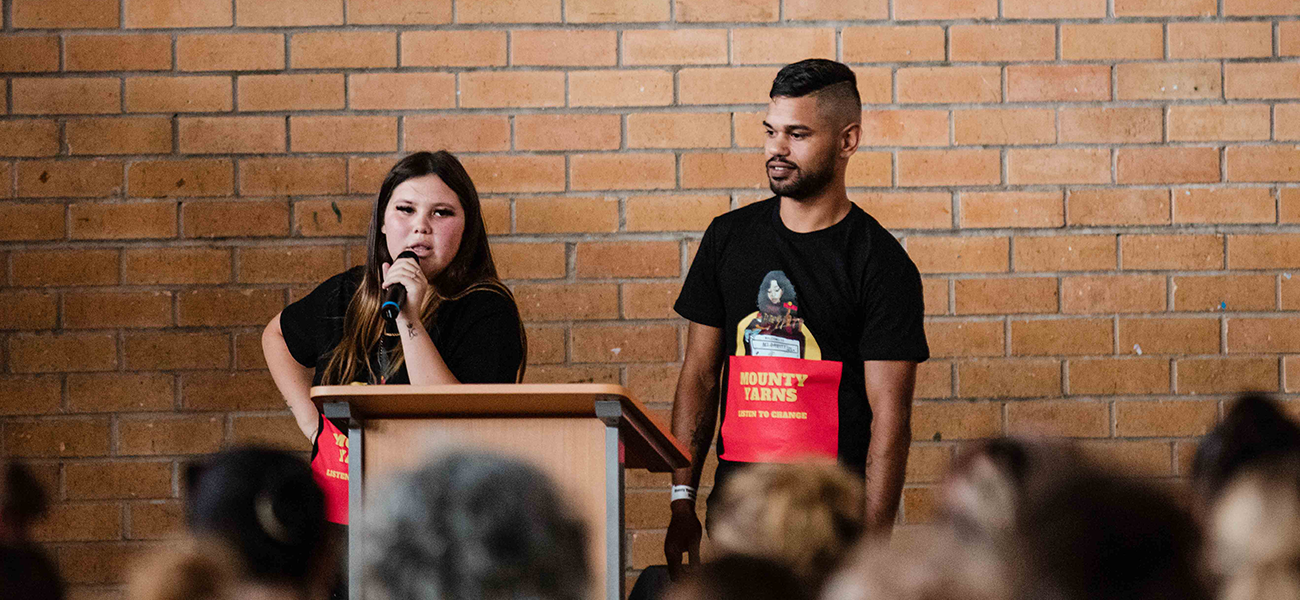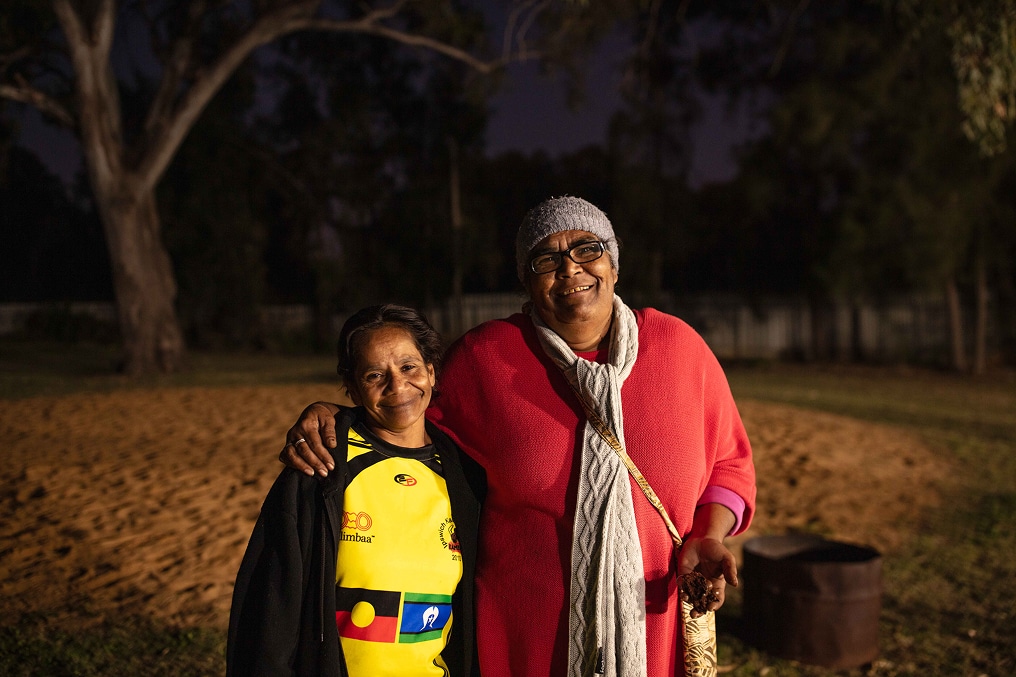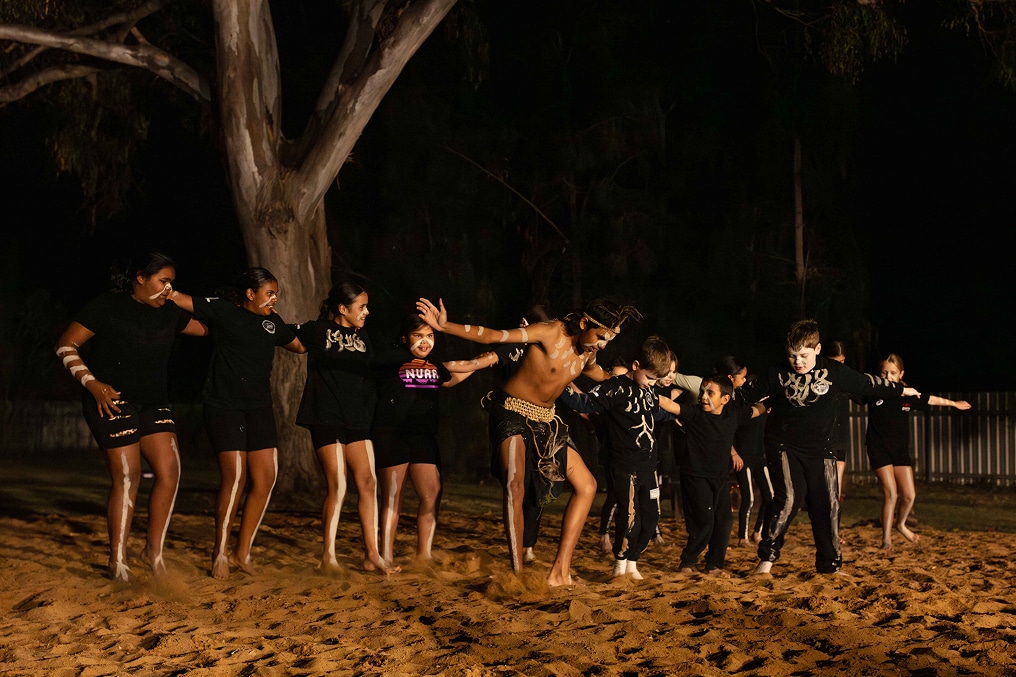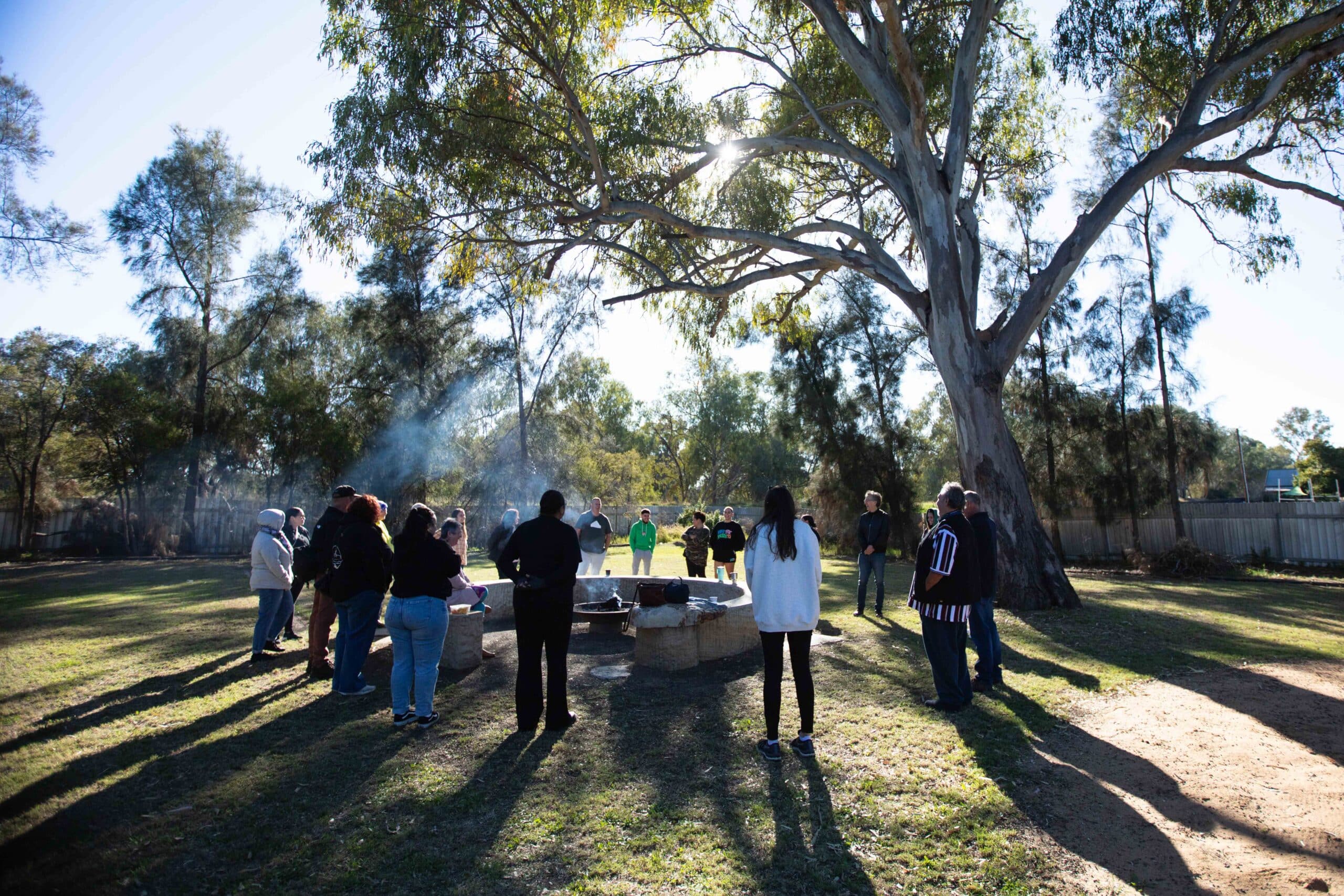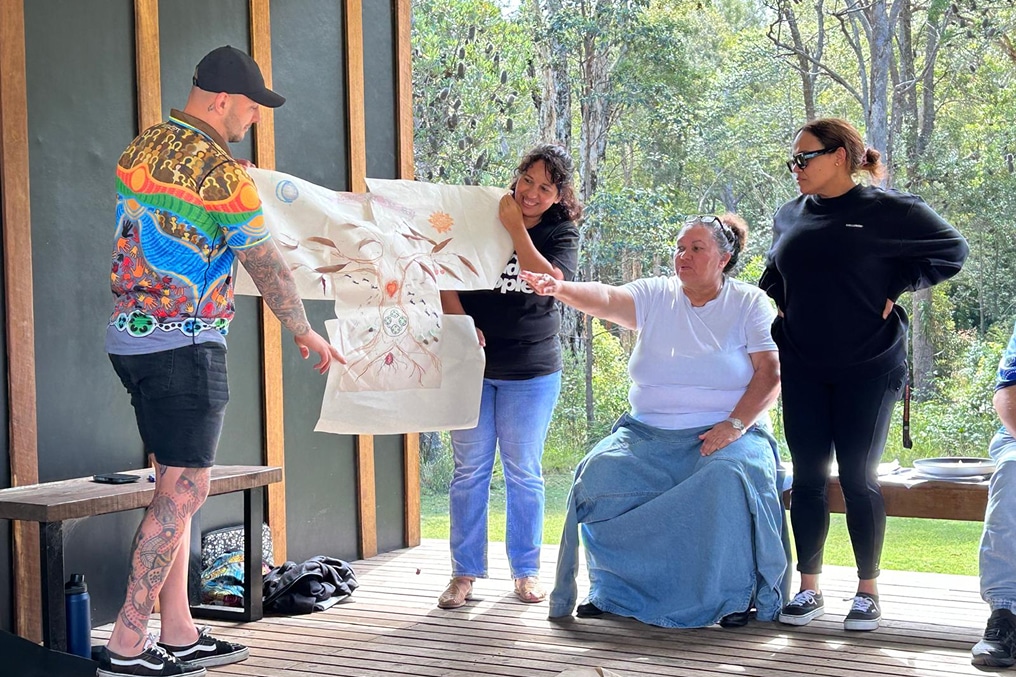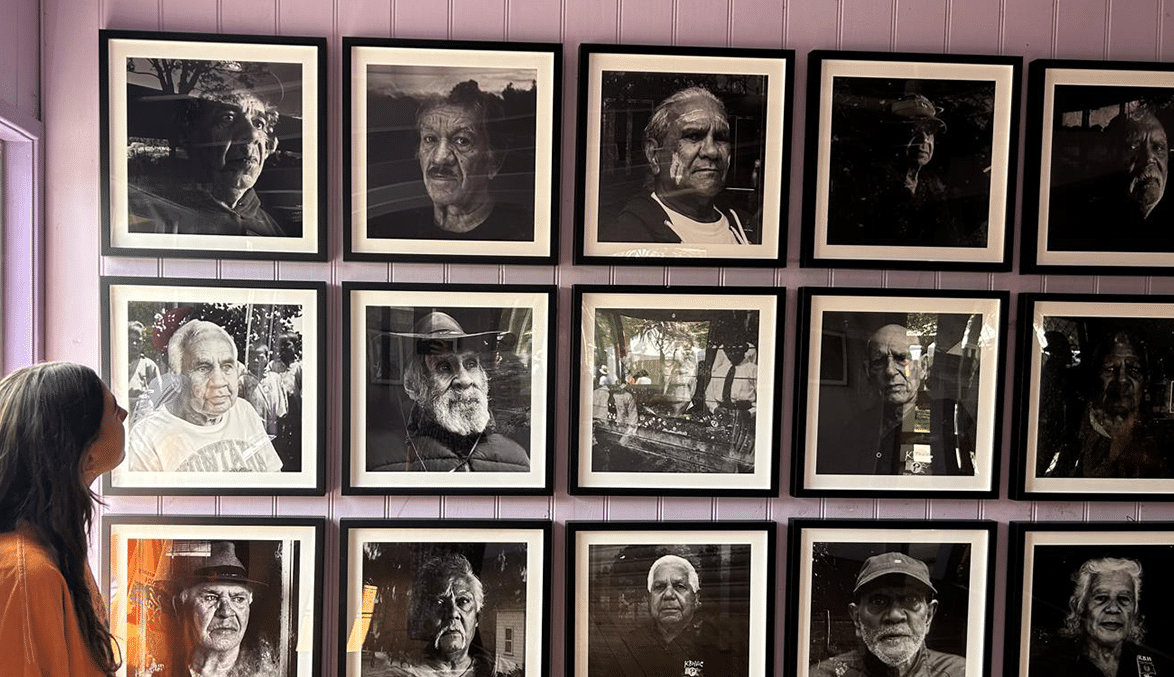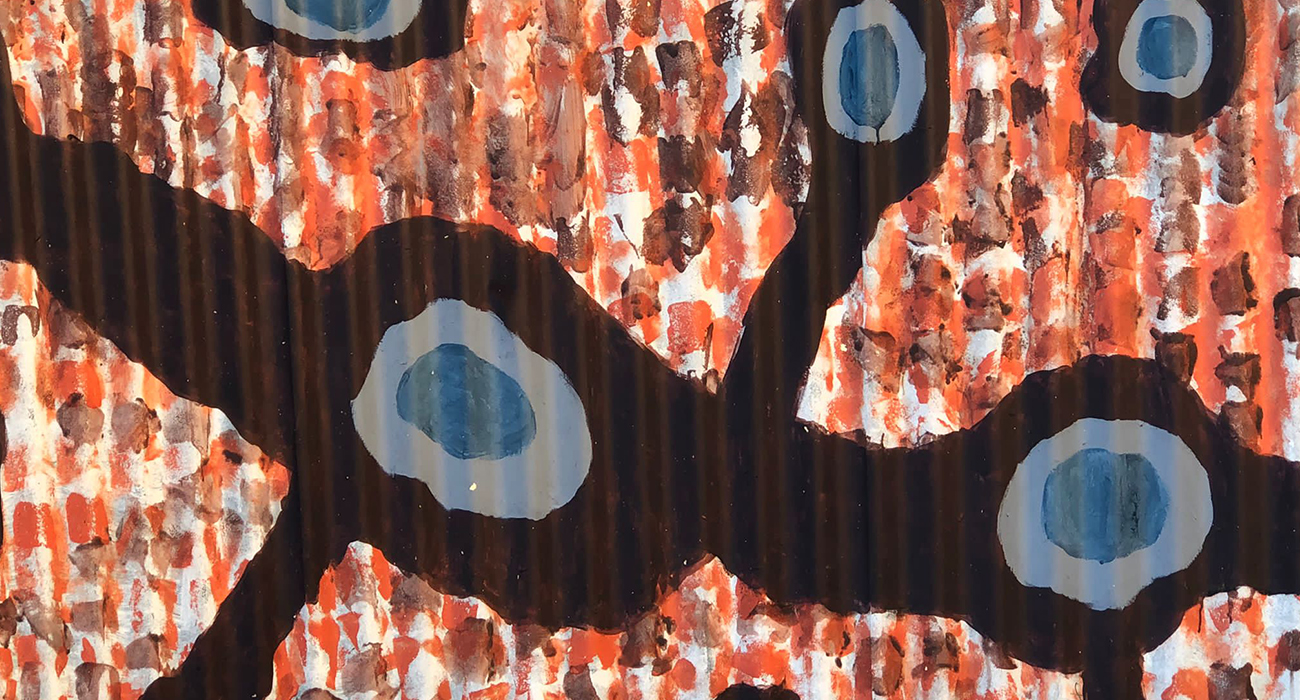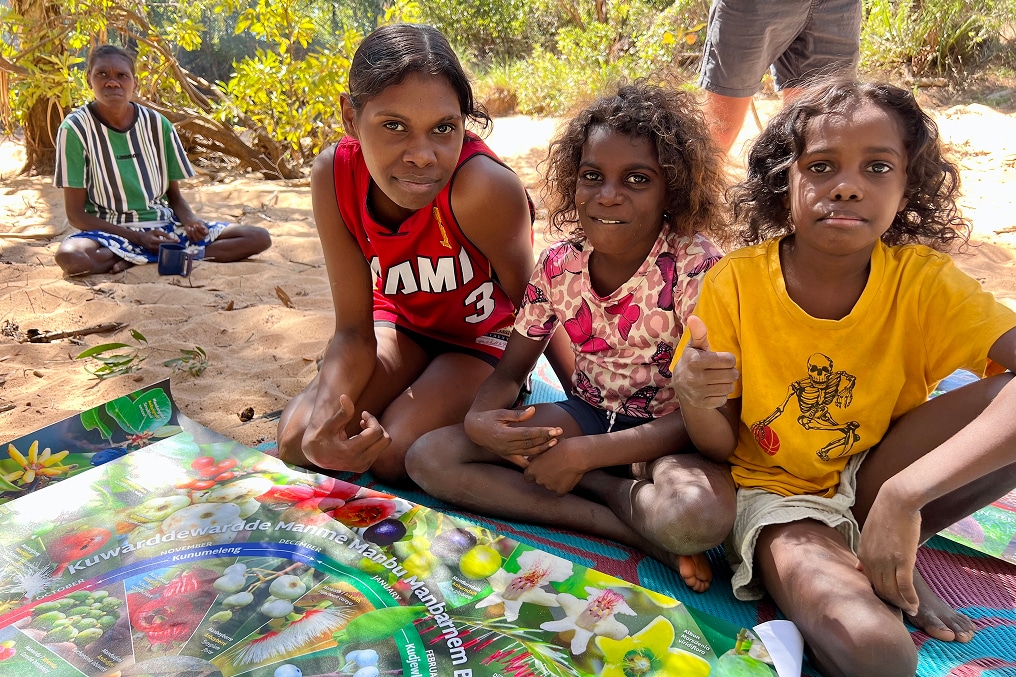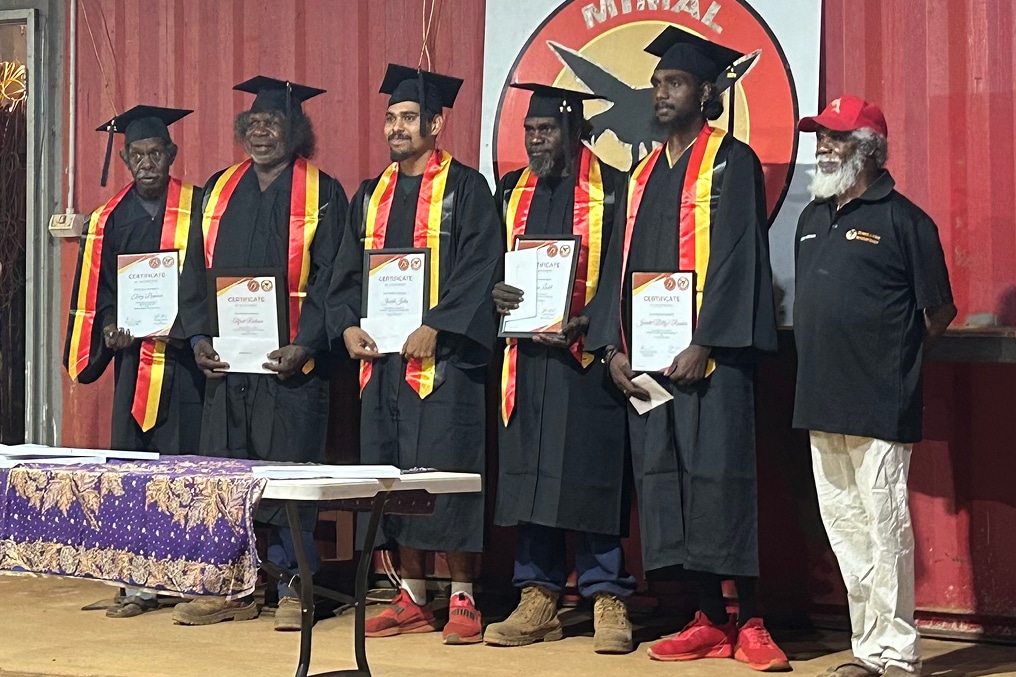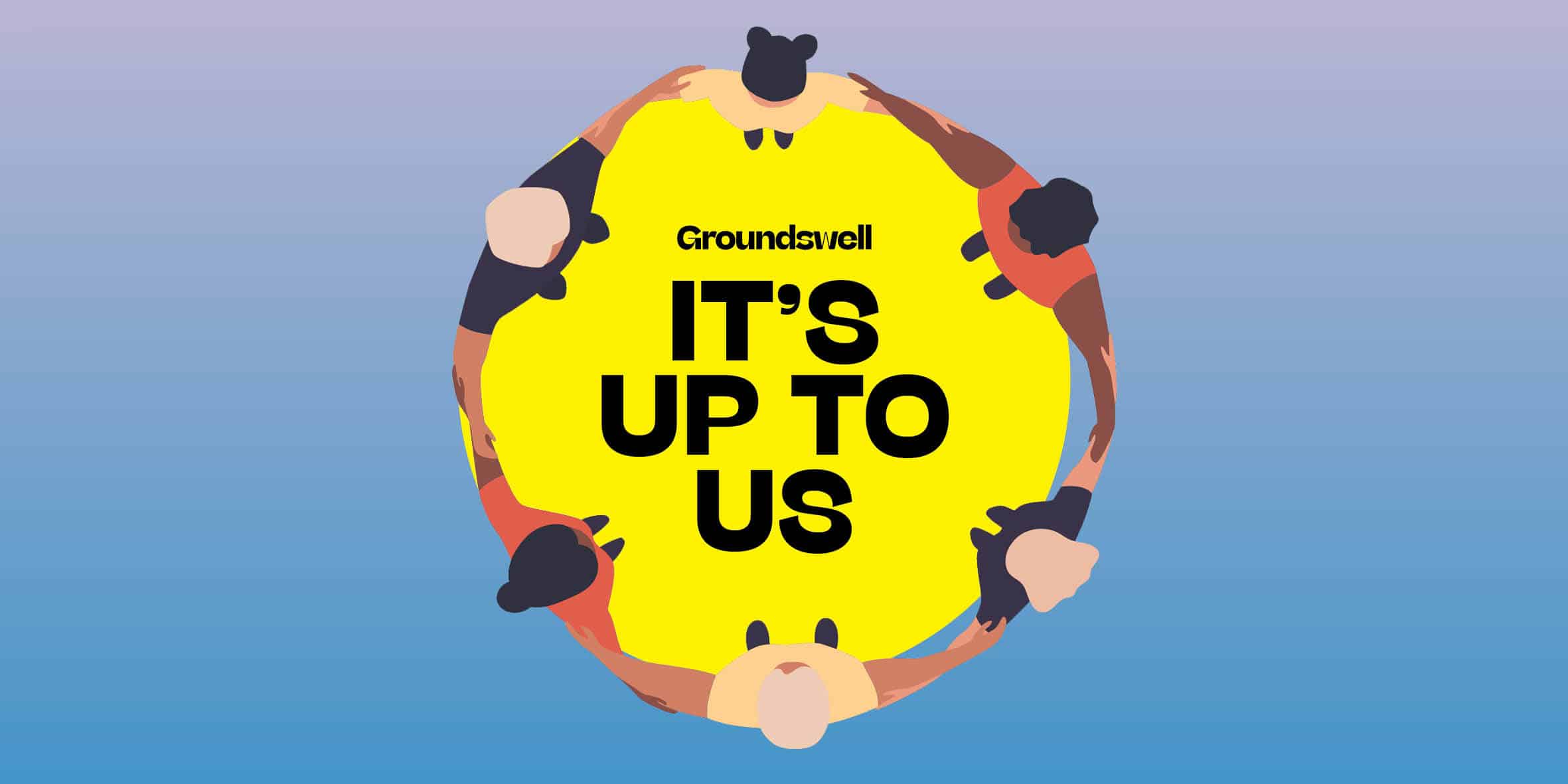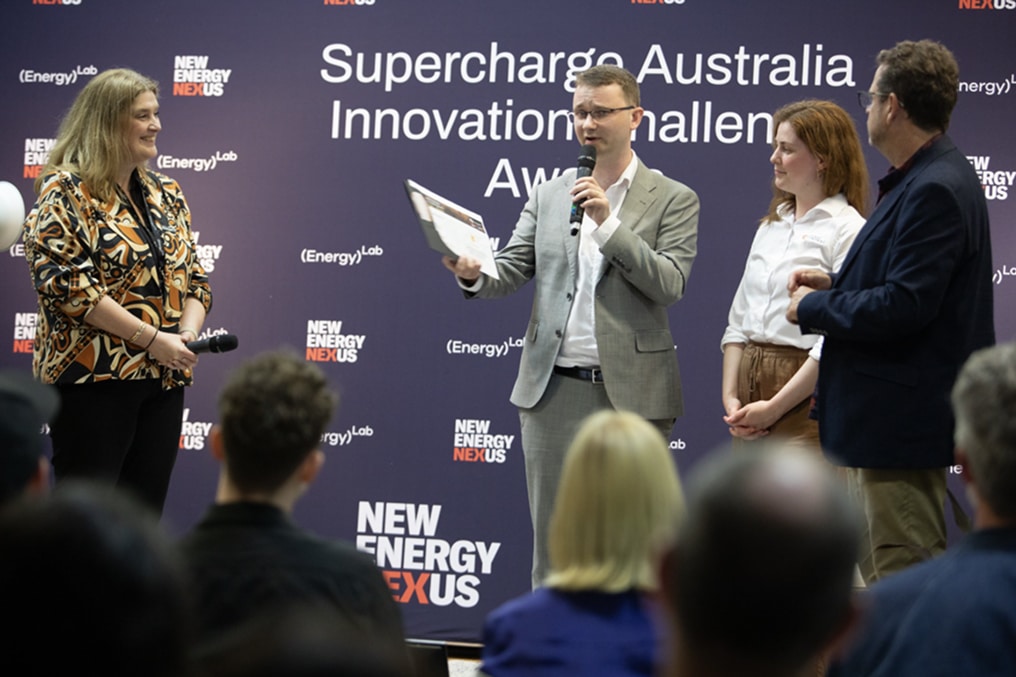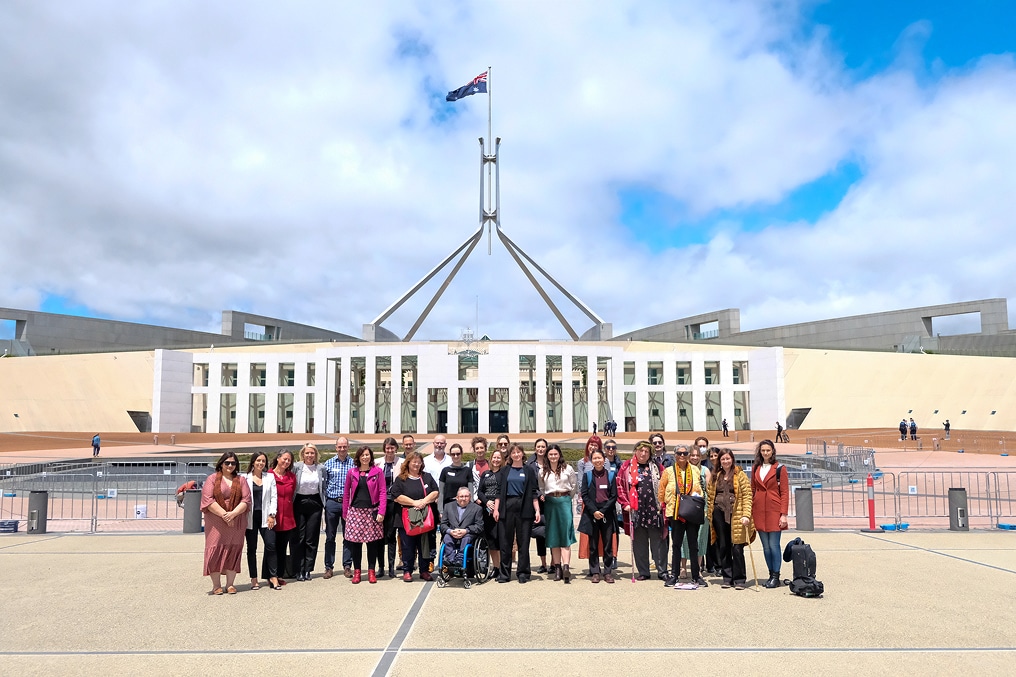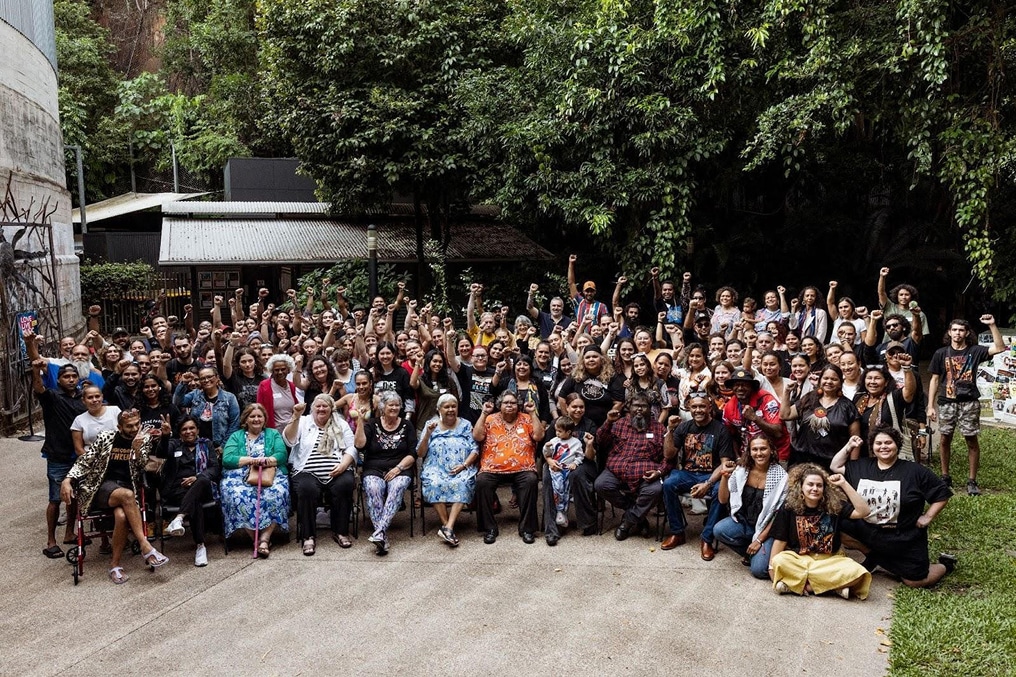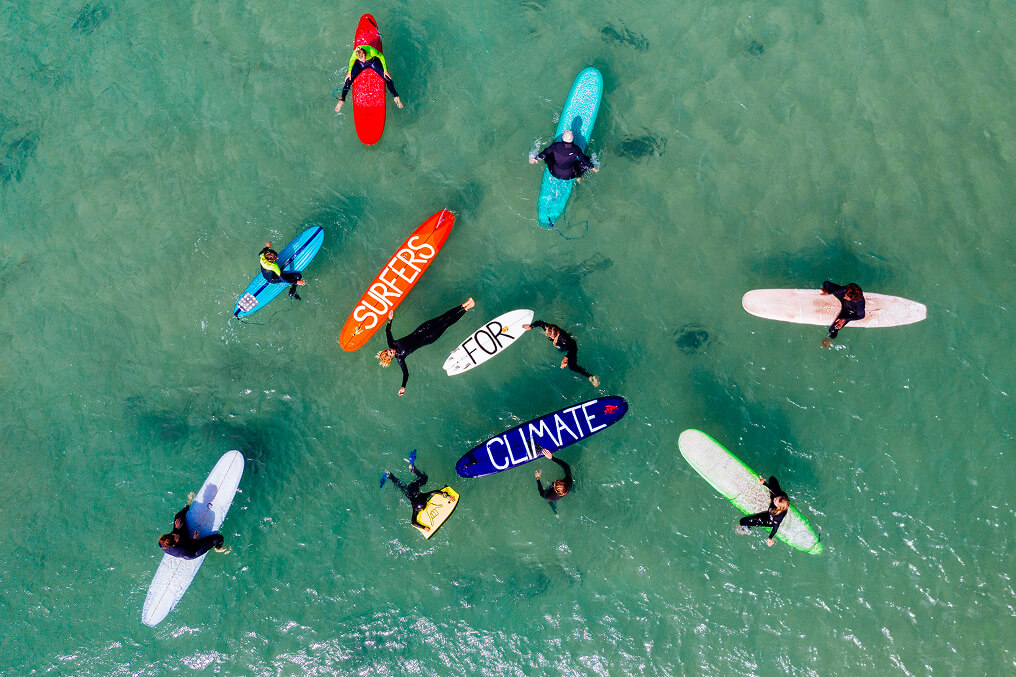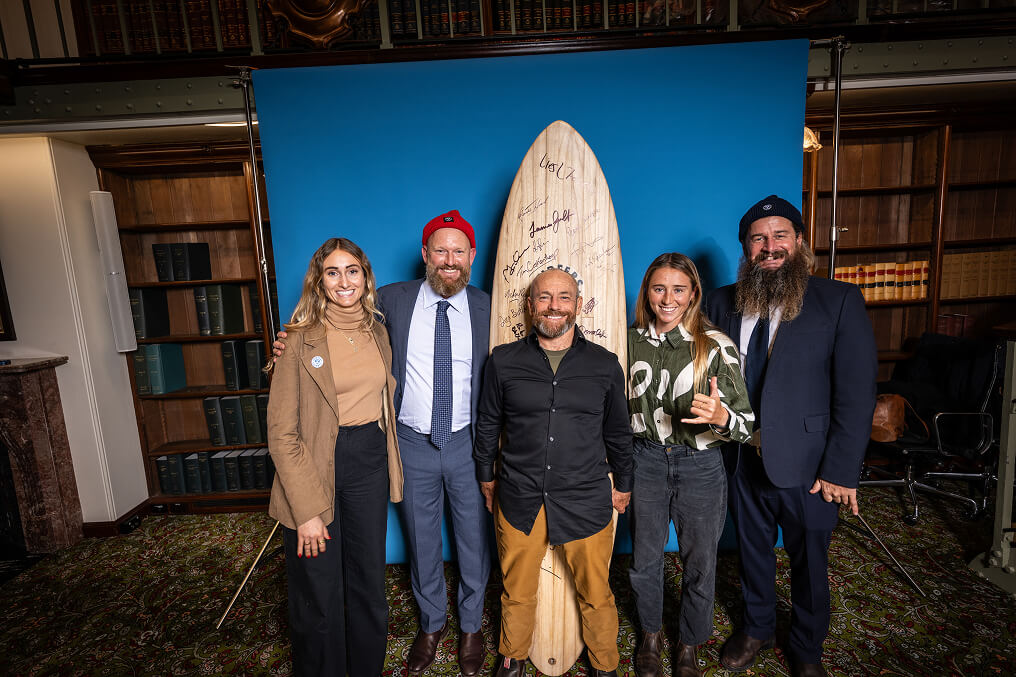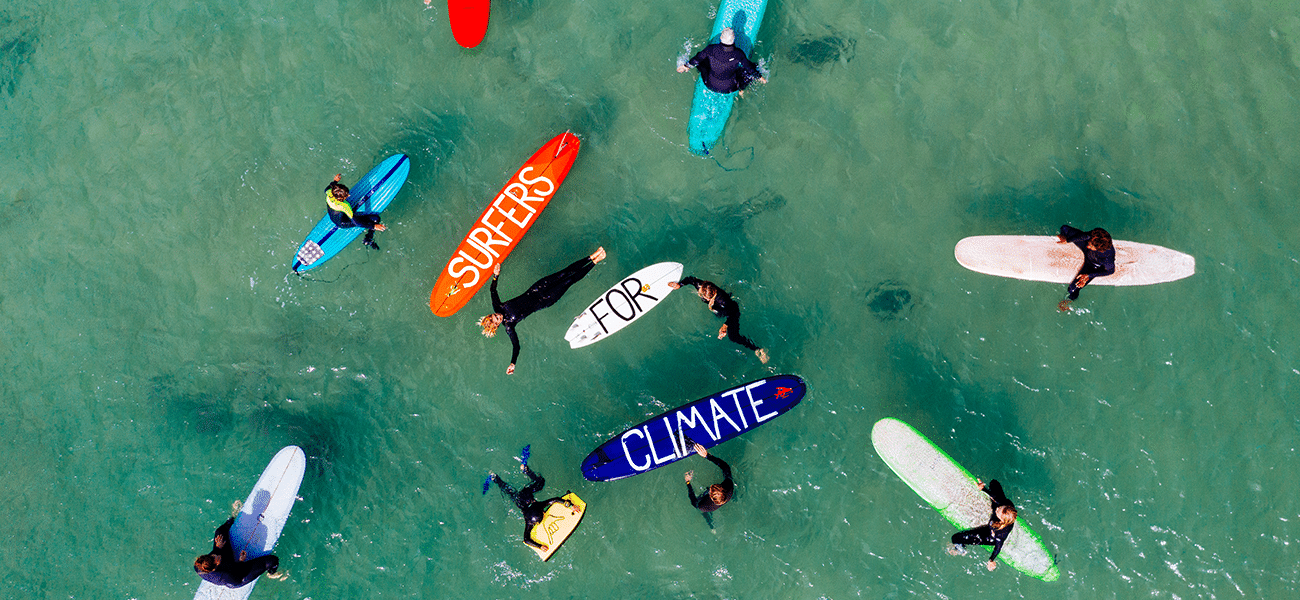The program, ‘Ripple Work,’ aims to increase schools’ knowledge of The Aspiration Initiative, offer practical ways to embed Indigenous learning in the classroom and develop a whole-of-school approach that will better meet the educational needs of Aboriginal and Torres Strait Islander students while influencing overall school culture for the benefit of all students.
Workshops led by Alex Balnaves, Lilly Brown and Dr Tyson Yunkaporta are already underway.
In the workshops Dr Yunkaporta shares his experiences as to how young Aboriginal people best respond to learning. He explains that many of their responses aligned with best practice international research in Aboriginal pedagogy. These practices focus on group discussion, land-based learning, hands-on activity, balancing communal and individual tasks, visual learning and purposeful/contextualised learning.
He highlights that Aboriginal students engage with learning when teachers dynamically deliver content they are interested in and excited by.
Contrary to orthodox practice, movement is also a significant success factor. The students prefer teachers who constantly move around the room, respond to their input and change the structure of the delivery from one moment to the next. Humour was also flagged as key to successful instruction – when the group is laughing, the group is learning.

TAI is honestly one of the best things I have ever been involved in. So far I have learnt so much not only about subjects we study in school and skills we’ll need to survive in the world but I have learnt so much about myself”
Student, Aurora Project

